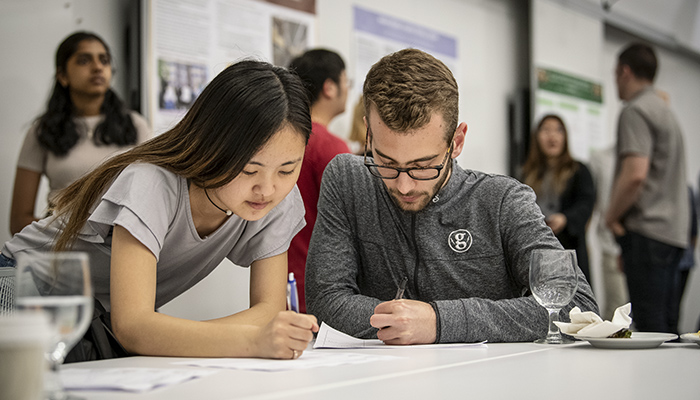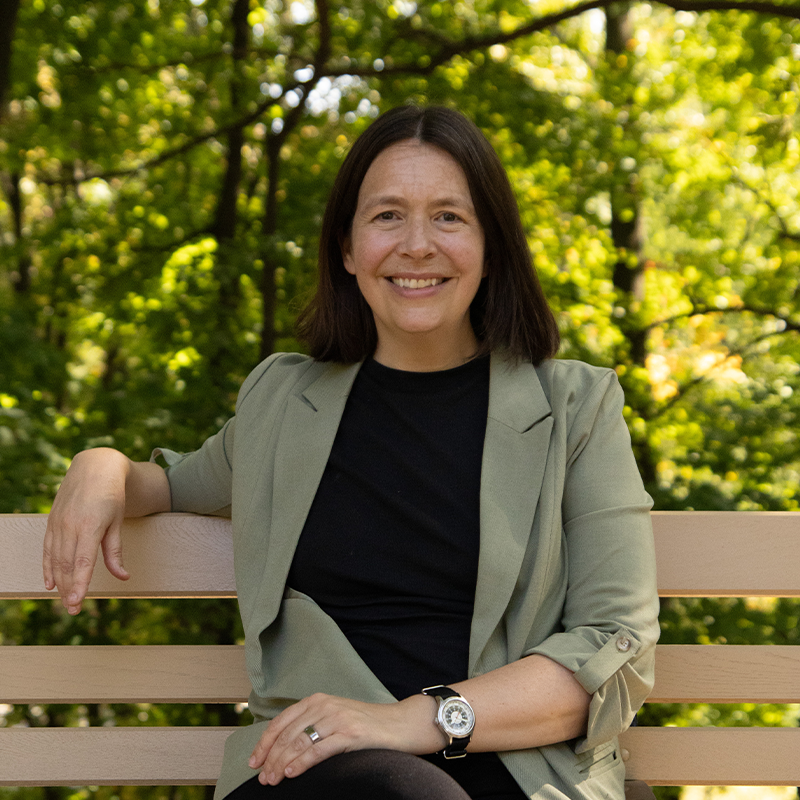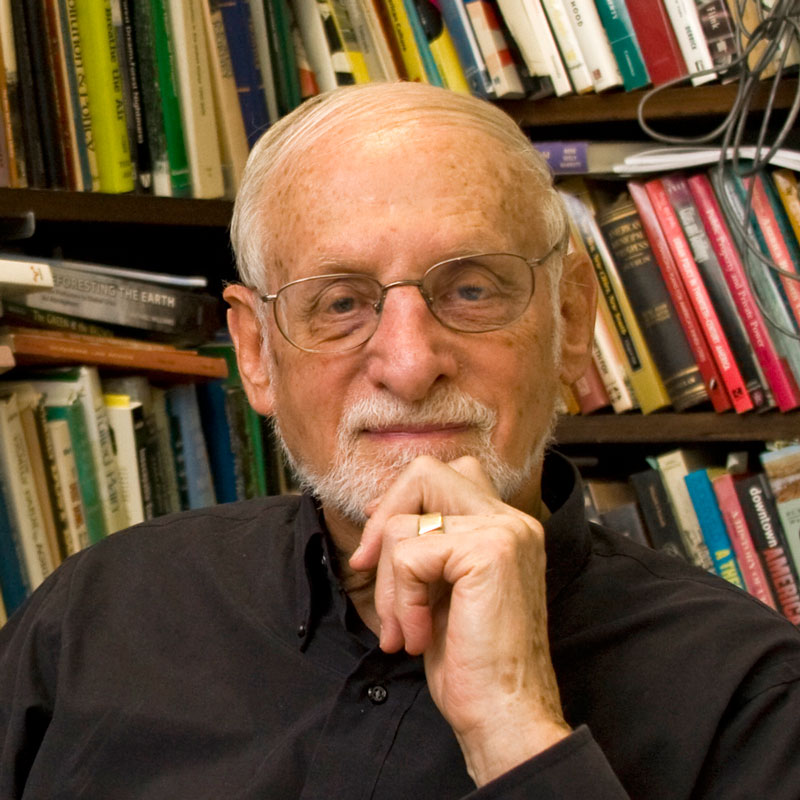Science and Technology Studies
Courses in the humanities and social sciences provide powerful tools to understand the central role of technology and science in our world.
Students interested in interdisciplinary questions about
- Ethics and artificial intelligence
- Environmental history and policy
- Technology and humanity
- Rhetoric of science
-
Science and human rights
will find opportunities to explore these themes in Science and Technology Studies (STS) at the Dietrich College of Humanities and Social Sciences.
STS explores how society, politics
Academic Offerings
The following undergraduate academic offerings provide opportunities for reflection and analysis on social, cultural, ethical, political and creative themes related to technical and scientific fields.
Additional Majors
Additional Major in Health Humanities
The additional major in Health Humanities will allow you to broaden your understanding of science and medicine at the intersection of culture, ethics and history. Health humanities, which can be paired with any primary major at CMU, is ideal for anyone who plans to pursue higher education in health professions such as medical school, dental school, veterinary medical school and physician assistant school, graduate programs in biomedical research, bioinformatics and public health, as well as for those with general interests in topics like public health or history of medicine.
Additional Major in Environmental and Sustainability Studies
The additional major in Environmental and Sustainability Studies is designed to allow students from any college at CMU to complement the depth of a primary major and address the breadth of intrinsically interdisciplinary issues associated with the environment and sustainability. You will explore and analyze environmental and sustainability issues in your core courses and expand your understanding of environment and sustainability beyond your primary discipline in elective courses.
Minors
Minor in Science, Technology and Society
This minor provides interdisciplinary perspectives on the development and meaning of science and technology in modern society. The core courses enable you to explore the philosophical underpinnings, cultural and historical contexts, and economic and literary assessments of the interplay among science, technology, and society. Elective courses enable you to pursue in greater depth and variety of subjects and approaches that build on both the core courses and your primary major.
Minor in Environmental and Sustainability Studies
Students pursuing this minor will learn to apply social and scientific perspectives to environmental problems, distinguish among scientific methods for evaluating environmental problems, and identify and assess sources of environmental data. You also will learn to identify environmental justice issues within the context of proposed policy solutions and distinguish among impacts on different communities and groups of stakeholders when considering environmental problems and proposed solutions.
Sample of Courses
Grand Challenge Seminars for First-Year Students:
- Climate Change
- AI & Humanity
- Thinking with Evidence
- Feeding the Word, Feeding Ourselves
Sample of Recent STS Courses:
- Environmental Rhetoric
- In Search of Mind: The History of Psychology
- Mathematic Revolutions
- Moneyball Nation: Data in American Life
- Philosophy of Science
- Telecommunications Technology and Policy for the Internet Age
Learn more about these courses and others in the Undergraduate Course Catalog.
Faculty

Jay Aronson
Professor of Science, Technology, and Society, History Department
Director, Center for Human Rights Science

David Hounshell
David M. Roderick Professor of Technology and Social Change (Emeritus), Social and Decision Sciences

Alex John London
K&L Gates Professor of Ethics and Computational Technologies, Philosophy Department
Director, Center for Ethics and Policy
Co-Lead, K&L Gates Initiative in Ethics and Computational Technologies
Chief Ethicist, Block Center for Technology and Strategy

Abigail Owen
Assistant Teaching Professor, History Department
Director of Education, Steinbrenner Institute for Environmental Education & Research

Christopher Phillips
Professor and Department Head, History Department
Faculty Director, Minor in Science and Technology Studies

Candace Skibba
Associate Teaching Professor of Hispanic Studies, Department of Languages, Cultures & Applied Linguistics
Associate Director, M.A. in Applied Second Language Acquisition
Research on Medical Humanities & Disability Studies

Kevin Zollman
Herbert A. Simon Professor of Philosophy and Social and Decision Sciences, Department of Philosophy
Director, Institute for Complex Social Dynamics












